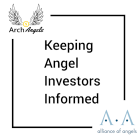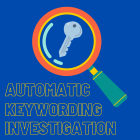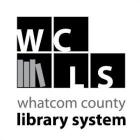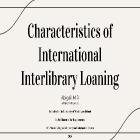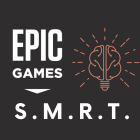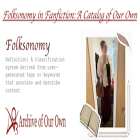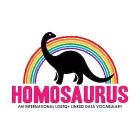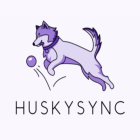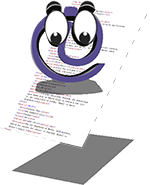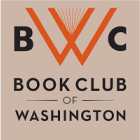
A Gentle Bibliographic Madness: Cataloging and Digitizing the Journal of the Book Club of Washington
Working for the Book Club of Washington, a bibliophile society dedicated to book collecting and book arts, I created an online public access catalog for the organization's independently published periodical, the Journal of the Book Club of Washington. To do so, I used LibraryThing to create bibliographic records for over 300 of the Journal's articles from its debut in 2000 to Spring 2023. I then organized those records into an OPAC utilizing LibraryThing's TinyCat software. Additionally, I digitized each issue that lacked a digital copy and made the digital versions available to the public via the online catalog.

